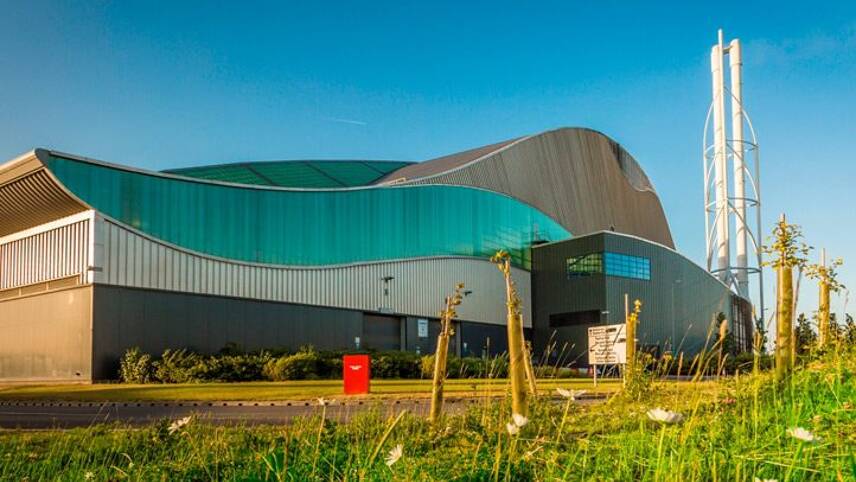Register for free and continue reading
Join our growing army of changemakers and get unlimited access to our premium content

Viridor’s ERF generates enough electricity to power around 68
The Cardiff City Heating Network will use heat generated at Viridor’s Energy Recovery Facility (ERF) at Trident Park and will cost £26.5m. The project has been backed by an £8.6m loan from the Welsh Government and a £6m grant from the UK Government.
The network will transfer heat from the ERF, which diverts around 350,000 tonnes of non-recyclable waste from landfill every year, to businesses and homes across the city. As part of the first phase of the project, heating will be provided to a number of large buildings, including County Hall and the Millennium Centre.
Cabinet Member for Clean Streets and the Environment, Cllr Michael Michael said: “This is an exciting opportunity for Cardiff to develop a new, low-carbon, energy infrastructure, fueled by an existing facility in the city. The Heat Network is one of the council’s key projects in our response to Climate Change, so this is really exciting news.
“The business case shows that the first phase of the network is financially viable and I would like to thank both the Welsh Government and Central Government who have committed to backing this project with cash so first phase works can go out to tender and we can begin the build.”
Viridor’s ERF generates enough electricity to power around 68,448 households and will now provide low-carbon heat to homes and businesses. The network could be operational within two years of installation works commencing.
Analysis from the project suggests that, if fully utilised, the network would reduce emissions in the city by 5,600 tonnes of carbon each year. Energy bills could be reduced by 5% on average, while emissions from heating systems could be slashed by up to 80%.
Heating for net-zero
The UK’s net-zero emissions target for 2050 will require every household to replace their heating system with lower carbon alternatives. It is estimated that this will take more than 1,000 years at the current rate, a Living Labs study has claimed.
Around 75% of the UK’s current heating demand in buildings is met by natural gas. At present, less than 5% of the energy used for heating homes and buildings in the UK comes from low-carbon sources. Heating and hot water account for around 15% of the UK’s overall annual carbon footprint, with the nation currently off-track to meet a key target of ensuring 12% of heat is generated using renewables by the end of 2020.
Earlier this year, the Government outlined how it will allocate £40m to bring seven new low-carbon heat networks online across London, Leeds, Liverpool and Bristol.
Lesley Griffiths, the Minister for Environment, Energy and Rural Affairs, said: “I am very pleased to be able to announce confirmation of the funding to the first phase of the Cardiff City Heat Network.
“As we continue on our path to cutting carbon emissions across Wales, one of the key problems we have to tackle is not only making our buildings more energy efficient, but also to improve how we get our heating in the first place.
“Heat networks such as these will help home and business owners to cut down on their energy bills – but it will also help us to meet our goal of cutting Wales’ greenhouse gas emissions.”
In related news, the Low Carbon Contracts Company (LCCC) has confirmed that the Wheelabrator Kemsley energy-from-waste plant has started receiving payments under the Contract for Difference (CfD) scheme.
The combined heat and power facility (CHP) has achieved Operational Conditions Precedents (OCP), meaning it has met criteria to start generating electricity in order to receive CfD support.
Once completed, the plant will have an installed capacity of 45MW and will process up to 550,000 tonnes of non-recyclable waste from across Kent and the South East each year
LCCC’s director of scheme delivery James Rushton said: “It is great to see this project now generating sustainable heat and power. The CfD scheme has played an important role in supporting development at the site. I was personally at their financial close in 2016 and I am now pleased to congratulate the plant on achieving its OCP milestone. The LCCC looks forward to continue working with Wheelabrator Kemsley as it contributes to a diverse, sustainable energy mix for the UK.”
Matt Mace


Please login or Register to leave a comment.